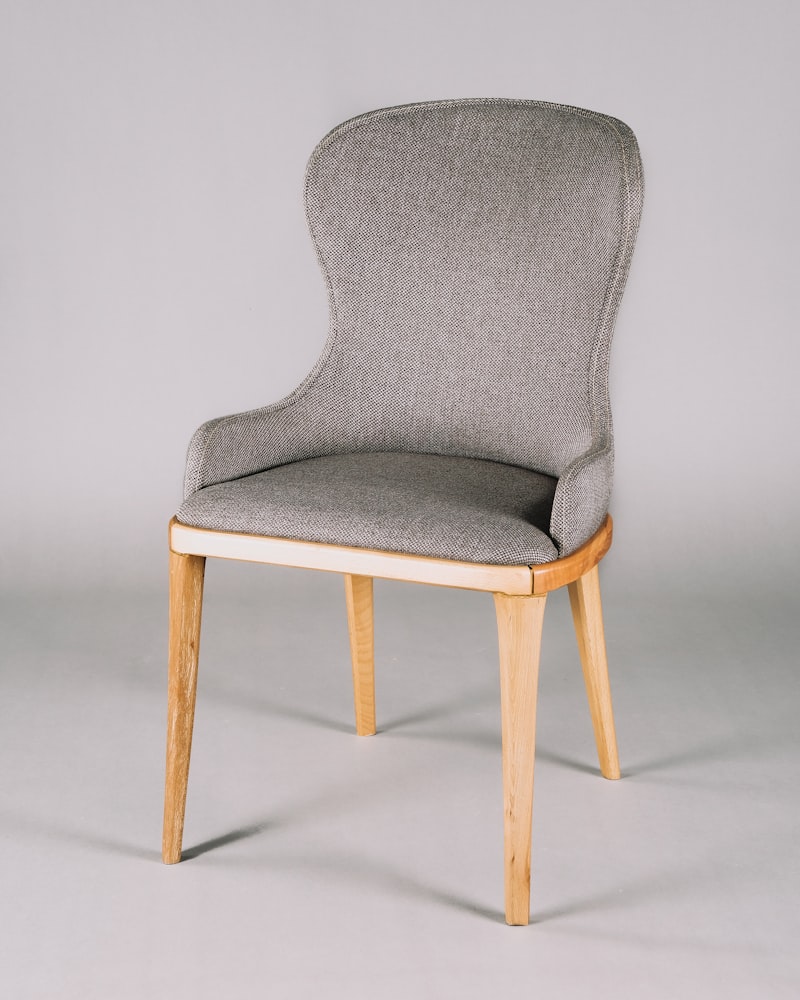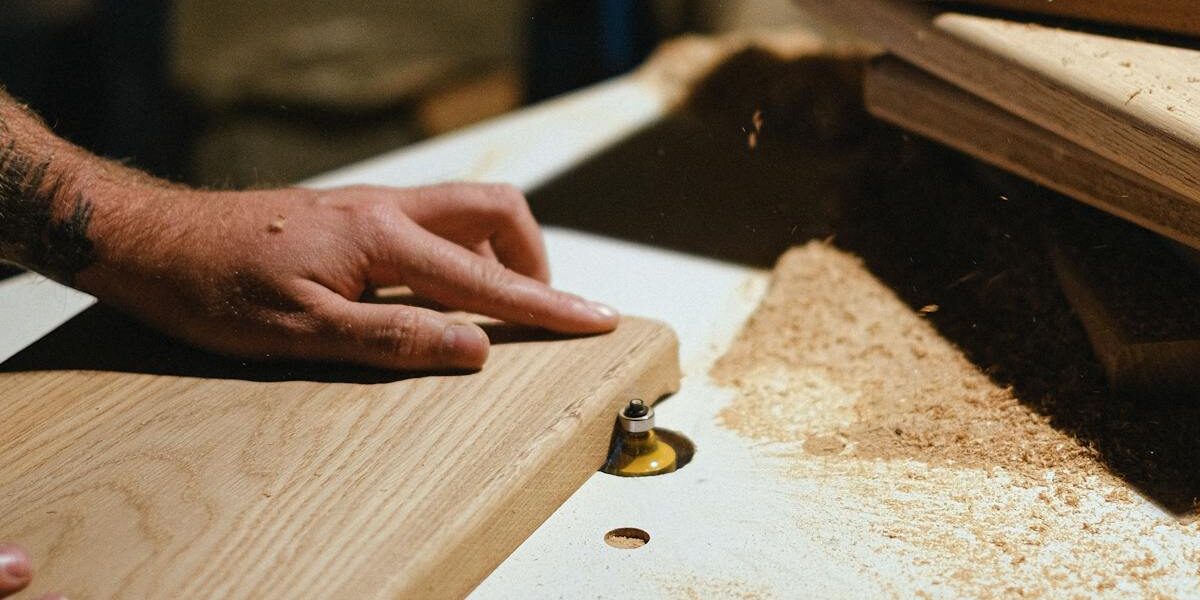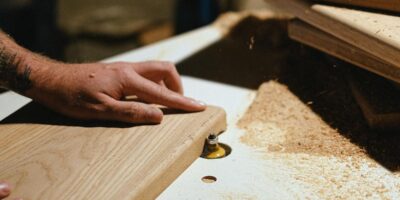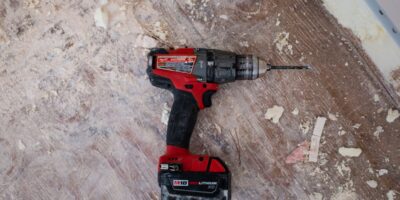Oliver Planer
Oliver Planer
Planers have been essential tools in woodworking for centuries. One name that stands out is Oliver. Known for their innovation and quality, Oliver planers have held a significant place in the history of woodworking.

History of Oliver Machinery
Oliver Machinery was founded in 1890 by Joseph W. Oliver. Initially, they focused on steam engines but soon expanded into woodworking equipment. The company became synonymous with precision and reliability. Early Oliver planers were known for their robust construction and consistent performance. This reputation helped establish Oliver as a leading name in the industry.

During the 20th century, Oliver continued to innovate. They introduced new technologies and improved existing designs. Their planers became more advanced, featuring better materials and more efficient mechanisms. This commitment to innovation helped Oliver maintain its position as a top manufacturer.

Key Features of Oliver Planers
One of the most notable features of Oliver planers is their construction. They use high-quality materials, ensuring durability and longevity. These tools are built to last, often passed down through generations. Another important feature is precision. Oliver planers are designed for accuracy, providing smooth and even surfaces. This precision allows woodworkers to achieve professional results with ease.

Oliver planers also offer ease of use. Their controls are intuitive, making it easy to adjust settings and operate the machine. This user-friendly design makes Oliver planers accessible to both beginners and experienced woodworkers. Additionally, they come in various sizes and configurations, catering to different needs and budgets.

Material and Build Quality
Oliver planers are constructed from high-quality cast iron. This material ensures stability and reduces vibrations, resulting in smoother cuts. The robust build also means less wear and tear over time, extending the lifespan of the tool. This focus on quality is a hallmark of Oliver Machinery.

Precision Engineering
Precision is critical in woodworking, and Oliver planers excel in this area. Their design incorporates advanced mechanisms to ensure accurate cutting. Features like adjustable infeed and outfeed tables allow for fine-tuning. This attention to detail results in consistently smooth and even surfaces, essential for professional-grade work.

User-Friendly Design
Oliver planers are designed with the user in mind. Controls are straightforward, making adjustments easy. Features like quick-change knife systems simplify blade replacement. Ergonomics are also considered, reducing fatigue during prolonged use. These elements combine to create a tool that is both efficient and enjoyable to use.

Popular Oliver Planer Models
Several Oliver planer models have become favorites among woodworkers. Each offers unique features and benefits.

- Oliver 4220 – This model is known for its heavy-duty construction. It can handle large projects with ease, making it ideal for professional workshops. The 4220 offers excellent precision and is built to last.
- Oliver 4240 – A versatile option, the 4240 is suitable for various woodworking tasks. It combines robust build quality with user-friendly features. This model is a popular choice for both professionals and hobbyists.
- Oliver 4455 – A high-end model, the 4455 offers advanced features for serious woodworkers. It includes a digital readout for precise adjustments and enhanced accuracy. This model is designed for those who demand the best in precision and performance.
How to Maintain an Oliver Planer
Proper maintenance is crucial to keep your Oliver planer in top condition. Regular cleaning is essential. Dust and debris can accumulate, affecting performance. Use a vacuum or brush to clean the machine after each use. Ensure that all moving parts are free of debris and dust.

Lubrication is also important. Apply oil to the moving parts as recommended by the manufacturer. This will reduce friction and wear, extending the lifespan of the planer. Check the manual for specific lubrication points and intervals.

Blade maintenance is another key aspect. Over time, blades can become dull, affecting the quality of your cuts. Regularly check the blades and sharpen or replace them as needed. Many Oliver planers feature quick-change blade systems, making this task easier.

Inspect the belts and gears regularly. Look for signs of wear or damage and replace them if necessary. Keeping these components in good condition will ensure smooth operation and prevent breakdowns.

Benefits of Using an Oliver Planer
Using an Oliver planer offers numerous benefits. First and foremost is quality. These planers are built to last, providing reliable performance for years. The precision they offer ensures professional results, enhancing the quality of your projects.

Another benefit is efficiency. Oliver planers are designed to be user-friendly, making adjustments quick and easy. This efficiency translates to time savings, allowing you to complete projects faster.

Versatility is also a significant advantage. With various models available, there is an Oliver planer to suit different needs. Whether you are working on large-scale projects or smaller tasks, there is a model that fits your requirements.

Finally, the reputation of Oliver Machinery adds value. Owning an Oliver planer is a mark of quality and professionalism in the woodworking community. This reputation is built on decades of innovation and excellence.

Tips for Choosing the Right Oliver Planer
When selecting an Oliver planer, consider your specific needs. Think about the size and type of projects you will be working on. Larger models like the 4220 are better suited for big projects. Smaller models might be more appropriate for hobbyists or those with limited space.

Budget is another important consideration. While Oliver planers are an investment, there are options at different price points. Determine your budget and look for a model that offers the best value within that range.

Consider the features that are important to you. Advanced features like digital readouts can enhance precision but may come at a higher cost. Decide which features are essential and which are optional.

Finally, read reviews and seek recommendations from fellow woodworkers. Their experiences can provide valuable insights into the performance and reliability of different models.

Oliver Planer in a Modern Workshop
In a modern workshop, an Oliver planer is a valuable asset. Its precision and reliability make it an essential tool for professional woodworkers. The robust construction ensures enduring performance, capable of handling demanding tasks.

Advanced features enable more precise and efficient work. Digital controls and easy adjustments make fine-tuning simple. Quick-change blade systems save time, allowing for more productive workflows.

The legacy and reputation of Oliver Machinery add another layer of value. An Oliver planer is not just a tool but a part of a storied tradition of excellence. This legacy enhances the stature of any workshop.

Environmental Considerations
Oliver Machinery is committed to sustainability. They have implemented eco-friendly practices in their manufacturing processes. This includes using renewable materials and reducing waste. By choosing an Oliver planer, you support a company that values environmental responsibility.

Maintaining your planer also has environmental benefits. Proper care ensures a longer lifespan, reducing the need for replacements. This longevity translates to less waste and resource consumption.

The Future of Oliver Planers
As technology advances, Oliver Machinery continues to innovate. Future models are likely to incorporate even more advanced features. These may include enhanced digital controls, improved materials, and greater efficiency.

The focus on quality and precision will remain unchanged. Oliver planers will continue to be a benchmark for excellence in woodworking. The commitment to sustainability and environmental responsibility will also be a key part of their future strategies.

\n\n
Related Articles
\n



